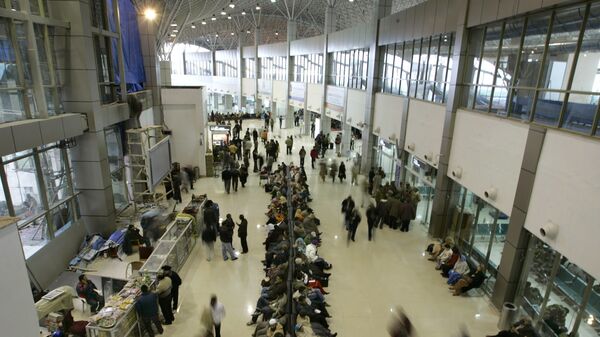The national aviation security watchdog, the Bureau of Civil Aviation Security (BCAS) has now made body scanners mandatory at all major airports within a year and at all other airports in the country, within two years.
Bureau of Civil Aviation Security (BCAS): Body scanners to be made mandatory at all major airports in a year and at all airports in 2 years. pic.twitter.com/UQ3MGYEvrs
— ANI (@ANI) August 29, 2019
There are 24 international airports and 101 domestic airports in the country. Twenty-eight are classified as hypersensitive, including those in major cities and conflict zones like Jammu and Kashmir or the northeastern region.
“Walk-through metal detectors and handheld metal detectors cannot detect non-metallic weapons and explosives,” said a circular issued by the BCAS to all airports earlier this year.
“Images will provide an image-free solution using a generic mannequin. Threats will be graphically presented,” the circular further stated.
The technology generally used in body scanners is non-ionizing electromagnetic radiation similar to that used by wireless data transmitters in Extremely High-Frequency radio bands. The millimetre-wave scanners do not generate ionizing radiation, their health risks are still being studied, but results so far have been mixed.


